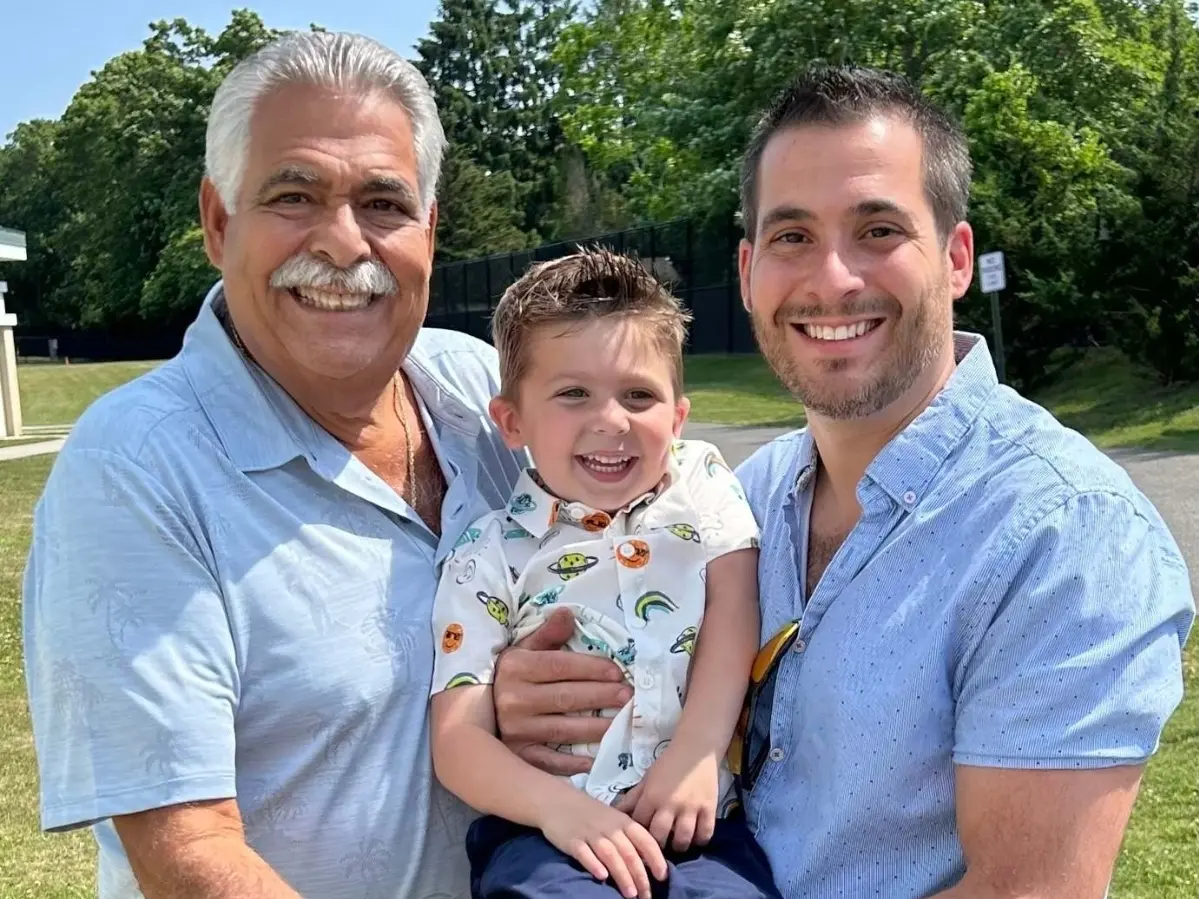Copyright forbes

As conversations around financial literacy grow, a more quiet but equally powerful force continues to shape how people approach money, cultural heritage. While traditional financial education and access are essential, they often overlook deep-rooted beliefs and behaviors passed down through generations that are shaped by the context and common lived experiences of a culture, beliefs that can either fuel or limit financial growth. 3 Ways Heritage May Shape Financial Growth In my work as a finance educator focusing on financial trauma, I have seen firsthand how culture can act as an invisible script. There is often a disconnect between what people know about money and how they feel or act around it. Some of the most persistent financial challenges are not only caused by lack of information, but by internalized narratives that go unaccounted for. As we are coming out of Hispanic Heritage Month, it is worth understanding how this less talked about side of financial growth is particularly impacting Latinas. For instance, the phrase "calladita te ves más bonita," (you look prettier when you are quiet) which is an internalized narrative widely used in Hispanic households, goes beyond the surface; it carries a powerful subtext: Don’t speak up. Don’t take up space. Don’t question. For many Latinas, this messaging extends far beyond family dynamics; it shows up in pay negotiations, investment decisions, and even the willingness to look at their bank accounts. To understand how these sayings, which reflect deep beliefs of a culture, shape behaviour, I sat down with the author of Calladita No More Hady Mendez, who has lived this reality herself. Here are three ways heritage may be shaping financial growth, and how to reclaim your voice in the process. Silence Can Suppress Earning Power For many Latinas raised in traditional households, humility, politeness, and compliance are taught as virtues. But in professional spaces, that same silence can delay promotions, stall salary negotiations and keep workers locked in cycles of invisibility. “I spent a lot of time in corporate. I was in corporate for over 25 years. That’s kind of where I grew up, so to speak. And I think, unfortunately, you learn to zip it.” Mendez said, “If you have nothing nice to say about the company, just better not to say anything,” she added. MORE FOR YOU That tendency to stay quiet, even when faced with inequity or poor treatment, can become second nature, especially in environments where speaking up comes with consequences. Yet breaking the pattern is not easy, if there is a heritage that has backed this idea for decades. “We think long and hard about what we're going to say before we say it, because we know that everybody's watching and we don't want to get ourselves in trouble,” she told me. For Mendez, the consequences of silence were tangible. “Most of the time when I didn’t say anything, I didn’t get the outcomes I wanted,” she said. “So I said, if I notice that something was a pattern repeating itself, I try to do things a little differently and then I started to get different outcomes.” Over time, that decision to challenge the cultural expectation of silence had a measurable effect on her career. “That’s like positive reinforcement,” she explained; “once you start to do things a little differently and you get different outcomes.” Cultural Conditioning Can Erode Financial Confidence Even after years of earning and saving, cultural conditioning can lead to doubt, delay and distrust, especially if you have never talked about money openly and without judgment. The fear of “doing it wrong” or being judged often stems from cultural expectations around respect, conflict avoidance, and rigid definitions of success. In many households, money is not just a taboo topic, it is also seen as , something inappropriate to discuss, particularly for women when it comes to invest, negotiate, even to become an entrepreneur. Mendez experienced this after being laid off from her corporate job. “I was not in control of my money future, especially with retirement money,” she said. Despite saving diligently since her early 20s, a financial advisor told her she had only saved enough to retire for 10 years and offered no meaningful solution. “I felt ashamed. I was like, ‘I can’t believe that I didn’t save enough for my retirement,’” she told me. Financial confidence is not just an internal conversation; it is also shaped by the external voices we are taught to trust, whether they come from parents, managers, or financial advisors. When those voices are dismissive or lack cultural context, they can erode self-trust even when you’ve done everything “right.” “What that person didn’t account for is that I’m a Latina and I earn 52 to 54 cents compared to my white male peers,” Mendez added. Had she still subscribed to the belief that experts always know best (or that questioning them would be disrespectful), she might have absorbed that shame. But instead, Mendez chose to reclaim control. She sought out a Latina financial planner who approached her situation with empathy and cultural awareness. “The first thing she told me is, ‘I’m so proud of how much you’ve saved. You should feel proud of yourself... and we still got 15, 20 years to save some more.’” Heritage Can Also Be A Source Of Financial Power While overlooking cultural heritage can create barriers to wealth-building, intentionally embracing it as a source of strength can unlock powerful financial potential. Values like resilience, loyalty, adaptability, and community investment can become strategic tools for leading a financially empowered life. For Latinas navigating entrepreneurship, building personal brands or stepping into leadership roles, these inherited strengths can become powerful assets, especially when paired with self-advocacy. “When you start to advocate for yourself at work, you can’t help but advocate for yourself in other places,” Mendez said. This shift, which begins when internalized silence breaks and self-advocacy takes shape, doesn’t just change outcomes in corporate or business spaces. It creates ripple effects across every area of life and business. In fact, cultural values that are often overlooked or undervalued are increasingly being recognized as drivers of strong financial performance. “When diverse founders do receive capital, on average, we return at a 25% higher return rate,” said Laurel Mintz, managing partner at Fabric VC, in a recent episode of The Brown Way to Money Podcast. “We’ve had to be scrappier with less. We make a dollar stretch to five.” Cultural traits such as resourcefulness, familial responsibility, and grit can then be translated into financial results, suggesting that when Latinas embrace their heritage while advocating for their worth, the results often exceed expectations. “I talk about myself in a positive way. I share my achievements all the time,” Mintz said. “I don’t try to be braggadocious. There’s a line between being full of yourself and being excited and proud, and I try to stay on the excited and proud side.” Understanding how cultural heritage influences financial behavior is a key step toward reclaiming agency and taking control of one’s financial future. From the silencing power of familiar sayings to the erosion of financial confidence by unchallenged authority, the internalized narratives passed down through culture can quietly shape how Latinas earn, spend and invest. As conversations around money continue to evolve, so must the understanding that financial growth results from complementing financial literacy with an understanding of identity, voice, and the beliefs we choose to carry forward. Alejandra Rojas is the founder of Brown Way To Money, a financial education platform, and the host of the Brown Way To Money podcast. Alejandra blends financial strategy with a trauma-informed approach to guide business owners toward financial stability. The information in this article is not intended to replace professional financial, tax or accounting advice. Editorial StandardsReprints & Permissions



